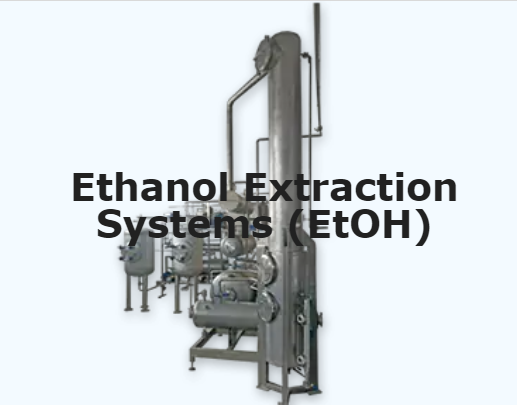
The Growing Importance of Microdecorticators in the Hemp Industry
As the hemp industry continues to expand, so does the need for efficient processing methods. The development of microdecorticators has been a significant breakthrough for the industry, as they allow for the separation of the hemp plant’s valuable fibers from its biomass with minimal waste. Microdecorticators are small-scale machines that can process hemp stalks, producing high-quality fiber that can be used to make a variety of products, including textiles, paper, and building materials.
The use of microdecorticators has become increasingly popular among small farmers and startups, who can now process their own hemp crops without relying on large-scale processing facilities. This has led to the creation of decentralized processing hubs, where farmers can bring their crops to be processed and sold as high-quality hemp fiber. These hubs have the potential to revolutionize the hemp industry by providing a more sustainable and cost-effective supply chain.
Hubs: The Key to Unlocking the Full Potential of Hemp Fiber
Hemp fiber has been used for thousands of years for its strength and durability, but its full potential has yet to be realized. The creation of processing hubs is crucial to unlocking the full value of hemp fiber. By bringing together the latest technology and expertise, hubs can provide farmers with access to specialized equipment and training, enabling them to produce high-quality hemp fiber that meets the demands of the market.
Processing hubs offer a range of benefits to farmers, including increased profitability, improved crop yields, and reduced waste. They also provide a platform for collaboration and innovation, allowing farmers to share knowledge and ideas with each other. This collaborative approach is essential for the continued growth of the hemp industry, as it enables farmers to work together to develop new products and applications for hemp fiber.
Makerlabs: The Future of Hemp Processing and Product Development
As the hemp industry continues to evolve, so do the processing methods used to create products from hemp fiber. Makerlabs are emerging as a key player in this evolution, offering a space for entrepreneurs and innovators to experiment with new processing techniques and product development. Makerlabs provide access to specialized equipment and expertise, enabling entrepreneurs to develop new products and applications for hemp fiber.
Makerlabs offer a range of benefits to entrepreneurs, including access to funding, mentorship, and networking opportunities. They also provide a platform for collaboration, allowing entrepreneurs to work together to develop new ideas and products. This collaborative approach is crucial for the continued growth of the hemp industry, as it enables entrepreneurs to leverage the latest technology and expertise to create new and innovative products.
Conclusion: The Role of Specialization in the Hemp Industry’s Success
The hemp industry’s continued success depends on its ability to adapt and innovate. Specialization, through the use of microdecorticators, processing hubs, and makerlabs, is essential to this process. Microdecorticators enable farmers to process their own hemp crops on a small scale, while processing hubs provide access to specialized equipment and expertise. Makerlabs offer a space for entrepreneurs to experiment with new processing techniques and product development.
The combination of these three elements provides a platform for collaboration and innovation, enabling the hemp industry to continue to grow and evolve. The development of new processing techniques and products is essential to the industry’s continued success, and the use of specialization is instrumental in achieving this goal. As the hemp industry continues to expand, it is essential that we continue to invest in and support the development of specialized processing methods and infrastructure.











You must be logged in to post a comment.